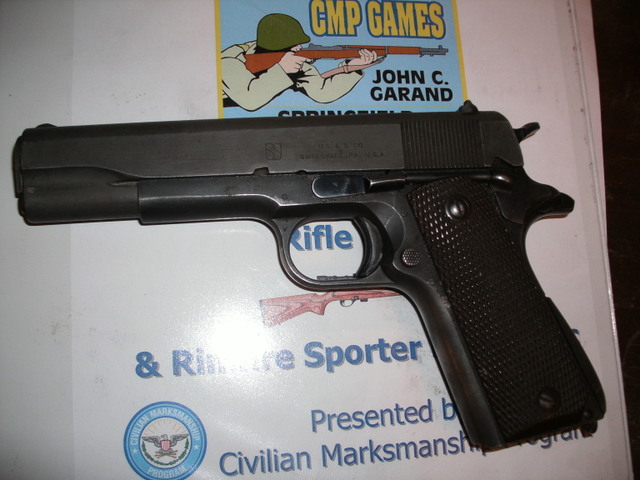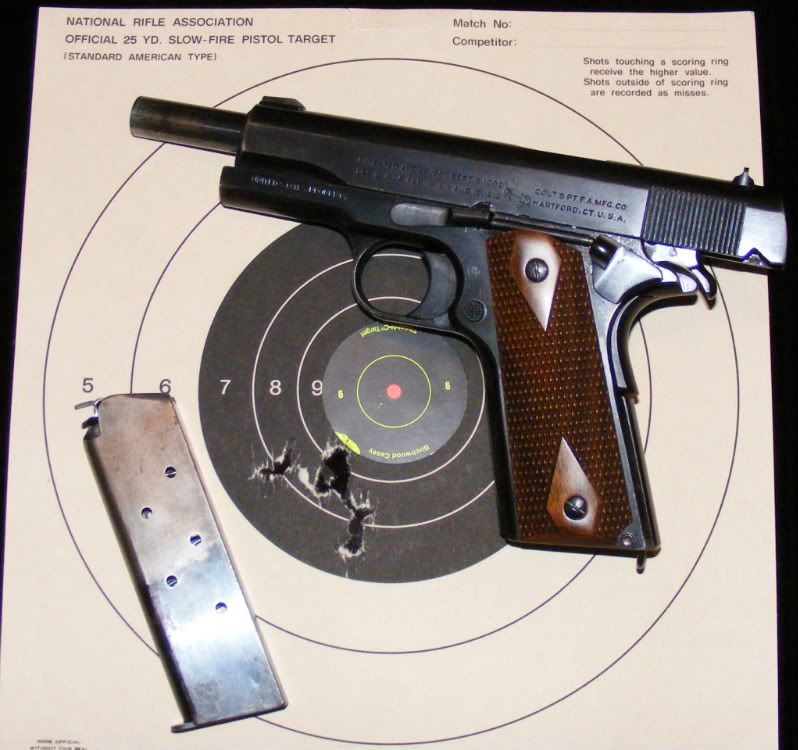This post isn't actually about guns, but after reading Jim Watsons post above about the USAF getting new automatics after claiming that 40% of their revolvers couldn't be repaired, I was reminded of a story that one of my dads best friends, then a Marine Sgt., told us in the late 1950's about his combat service in Korea as a young Marine during the Korean War. Maybe someone can see a correlation between those unrepairable guns in Jim Watsons post and the radios mentioned in the following story.
My Dad's friend "Bob" was a PFC in the front lines circa 1950 when the Red Chinese came into the Korean war. His unit killed over 700 of them right in front of his position when they attacked in a "human wave" one night, but the Chinese had more men than the Marines had bullets, and they sent another "human wave" to attack the Marines again the very next night, and so on, and so on. Anyway, things looked grim for the Marines, and a little later it got even grimmer when they were forced to retreat from the Chosin Reservoir... but just about this time, my Dad's friend, "Bob", caught a break.
The Marines in Korea got the worst equipment, much of it leftover stuff that the Army had discarded. They had particular trouble with their radios. This caused chos with communications between units when the Chinese attacked. There seemed to be no one who could repair the radios. They'd break, be sent back for repair and come back to the front in worse shape than when they'd been sent back.
"Bob" was an electrician's apprentice before he enlisted. An officer learned this and ordered him to go to the rear and try to repair radios. He said "yes sir" (or words to that effect) and was immediately sent back to a safe area where he found that he couldn't repair the radios either. But he found a way to get the job done. He used a hammer. He smashed every radio that came in for repair and sent it further to the rear with a note saying "This radio can't be repaired". No one ever asked any questions and he was sent a new replacement radio for each one he returned. Probably the beancounters in Washington would have disapproved of his methods, but everyone in Korea was happy with his solution, especially "Bob" himself who (a) never went back to the front lines and (b) was promoted for solving a vexing problem.
I can't swear that "Bob's" story was true. I know for a fact that he was a Marine who saw combat service in the Korean War. But he was one of those guys who never allowed the truth to get in the way of a good story, so you always sort of wondered at some of his tales. But there was something in way he told this particular story that made me believe it was true and I still think it was.



